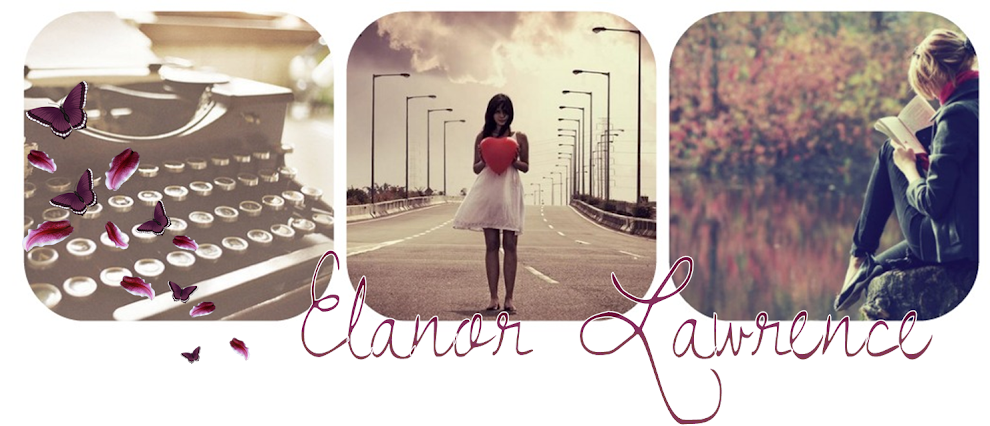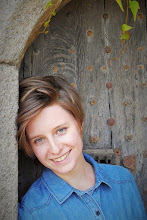 Last week I talked a bit about how to develop your character’s traits by making a list of traits and figuring out how all those things affect your character’s lives. Now I want to take a moment to talk about how to develop relationships between your characters.
Last week I talked a bit about how to develop your character’s traits by making a list of traits and figuring out how all those things affect your character’s lives. Now I want to take a moment to talk about how to develop relationships between your characters.The example I used in this post was of Suzanne Collins’s The Hunger Games. Whatever you think of the books (I loved the first two and hated the last one) one thing Collins does very well is relationships. Katniss has a clearly defined relationship between all the other characters. She is protective of her sister. She hates President Snow. She looks down on her mother. She admires Cinna. And, of course, there’s the whole love triangle with Gale and Peeta.
Think for a second of your own life. Think of people you know and figure out what you think of them. Maybe there’s the girl in your school who you’ve hated for as long as you can remember because in grade 6 she told you that you were weird. What’s your relationship with your parents? Your siblings? Do you admire your best friend? Are you jealous of him/her? What about your girlfriend/boyfriend?
 My guess is that you can’t think of a single person who you don’t have some sort of mental association with. Hopefully there are very few people who you flat out hate, but there are going to be a lot of people you don’t like that much or find slightly annoying. Your characters will be the same.
My guess is that you can’t think of a single person who you don’t have some sort of mental association with. Hopefully there are very few people who you flat out hate, but there are going to be a lot of people you don’t like that much or find slightly annoying. Your characters will be the same. Before you write a scene (especially when it’s dialogue between two people) figure out how the characters relate to one another. What I did in WANDER was to write out a chart where I plotted the characters relationships to each other for all the major characters. Even if you’re writing a book in first person, it’s still important to figure out the other character’s perspectives. Also, keep in mind that people change. Katniss’s idea of Peeta is constantly changing throughout the story. It’s a good idea to make a chapter-by-chapter outline of what your MCs think of each other, or at very least to find the major turning points and figure those out.
 If you’re a seat-of-your-pants writer, you may not care for all this pre-plotting advice. That’s fine. You don’t have to do this all beforehand. What I’d suggest is that you take your finished draft and then figure out all the relationships. Through writing freely you can find out new things about your characters that you wouldn’t have in the plotting stages, and using character charts you can apply it to your novel.
If you’re a seat-of-your-pants writer, you may not care for all this pre-plotting advice. That’s fine. You don’t have to do this all beforehand. What I’d suggest is that you take your finished draft and then figure out all the relationships. Through writing freely you can find out new things about your characters that you wouldn’t have in the plotting stages, and using character charts you can apply it to your novel. However you decide to do it, inter-character relationships are definitely important to having interesting MCs. Next week, stay tuned for one last post on how to make your characters come to life on the page.








































